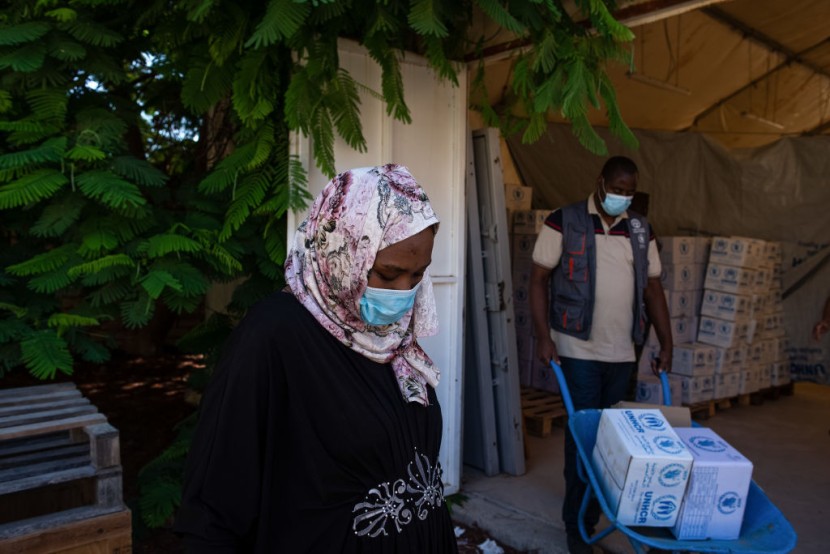
After Prime Minister Abiy Ahmed gave an ultimatum that the people of Ethiopia's dissident Tigray region will only have 72 hours to surrender, the leader of the group in the region replied that his people are ready to die in order to defend their homeland.
Not only accusations of attacking two federal military camps in the northern but also defying and seeking to destabilize his government was faced by the TPLF or the Tigray people's Liberation Front, prompting the country's Prime Minister, Abiy to launch a military campaign against the group.
According to the federal army, they stated that their forces are already within 37 miles or 60 kilometers of Mekele, which is the capital of Tigray and also the seat of the TPLF, ahead of a threatened all-out attack of the city which has a population of half a million people, International Business Times reported.
The last year's Nobel Peace Prize winner, Abiy called to the TPLF on Sunday, asking them to surrender peacefully within a three-day timeframe, also mentioning that they were at a point of no return.
Despite the ultimatum received, the leader of TPLF, Debretsion Gebremichael shared that Abiy was only trying to cover for setbacks as his army had suffered against the Tigrayan forces, and was only issuing threats in order to buy some time, BBC News reported.
The TPLF leader shared on Monday via Whatsapp that the Prime Minister does not understand who they are.
He also emphasized that they are people of principle and ready to die defending their right to administer in their own region.
A blackout in terms of communications in the region has made claims from both sides difficult to verify.
Read Also: Xi Jinping Pushes for Global COVID-19 QR Code to Ease International Travel and Business Tracking
No Mercy
According to Aljazeera, Tesfaye Ayalew, the Brigadier General of the country shared on Monday according to a report that the federal troops were marching into Meleke and they have already captured key towns to the north and south.
The recent movement raised concerns among rights activists as the army recently threatened a no mercy tank assault on the TPLF leadership in Mekele, sending a warning to the civilians to vacate the area while they still can.
Human Rights Watch researcher Laetitia Bader tweeted that treating a whole city as a military target would not only be unlawful but it could also be considered a form of collective punishment.
The Ethiopian Prime Minister has urged the people of Mekele to side with the federal and national army against the TPLF group, stating that it will bring the treasonous group to justice.
According to the latest reports in the area, hundreds of individuals have been killed in nearly three weeks of fighting as tanks are already entering the fray and warplanes bombing the region.
Moreover, Amnesty International also documented a gruesome massacre wherein scores and hundreds of people were hacked and stabbed to death in the southwest town of Mai-Kadra.
Meanwhile, more than 400,000 Ethiopians have already fled west into Sudan and rockets have hit Eritrea to the North, which spurred fear that the internal conflict can also risk instability beyond its borders.
Related Article: Opposition Party in Pakistan Wants to End Prime Minister Imran Khan's 'Puppet' Rule








